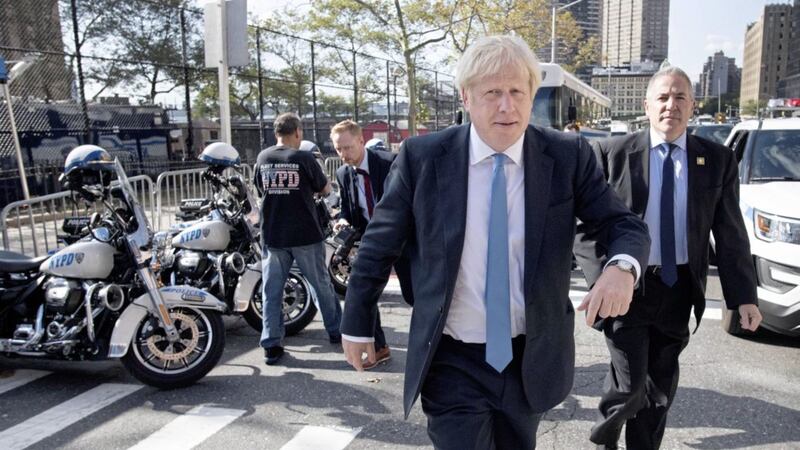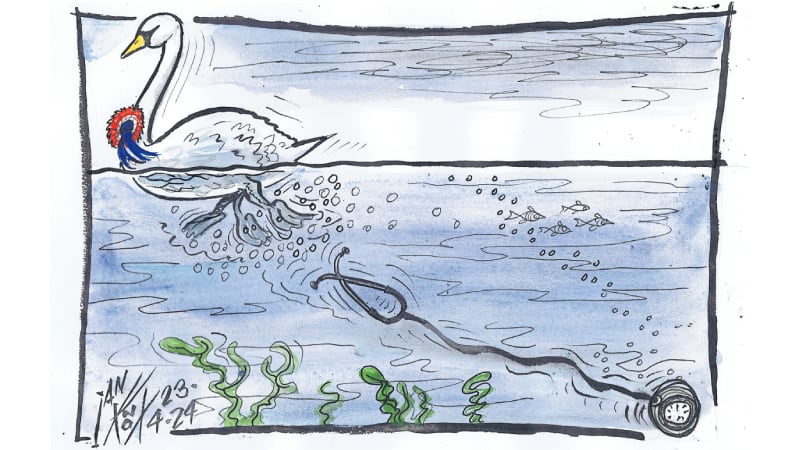THE consequences of the Supreme Court's judgment that Boris Johnson acted unlawfully are both political and legal.
In political terms, his damaged reputation will spill over into the Brexit debate and give the Remainers the moral high ground.
It strengthens the union by upholding the decision of the Scottish courts, but calls the Queen's position into question and it leaves the DUP the proud owners of a beaten docket.
In legal terms, it highlights Britain's need for a written constitution.
Boris Johnson has a reputation as a political Del Boy, but it might have been expected that, when proroguing parliament, he would have made certain he was on solid legal ground.
So the three most recent Tory prime ministers have all made monumental errors. Cameron lost an unnecessary referendum. May lost an unnecessary election and Johnson lost an unnecessary legal battle.
The mistakes cost the first two their careers and, following yesterday's decision, Johnson's future is looking none too healthy either.
Some of his political damage will taint public perception of the Leave campaign and it will certainly give the EU the upper hand in negotiations with Johnson, who is now stretching it a bit to claim he represents Britain, or even Brexit.
He does not represent parliament where he is 44 votes short of a majority and it is doubtful if he represents his own party or indeed the British government.
Who now speaks for Britain?
The decision confirms that Great Britain still exists. By upholding the verdict of Scottish judges on Johnson's actions, the English court confirmed British constitutional uniformity and possibly weakened support for Scottish independence.
However, it leaves the constitutional monarch in an uncertain position. Did she take legal advice on Johnson's request to prorogue parliament? Or, like Johnson's, was her decision political? David Cameron recently revealed that she agreed to intervene in the Scottish independence referendum, so she is not above politics.
Did she decide that Johnson was not above the law, by allowing him to go ahead, knowing he would fail or did she hope he would win? Whatever she did, the British people have a right to know.
The main consequence on this side of the Irish Sea is that, not for the first time, the DUP backed a rather dodgy horse.
While their support for Brexit is perfectly reasonable, they now find themselves in some rather discredited political company. It may be time for a strategic re-think.
In the absence of a written constitution, Britain has been governed for centuries by the political equivalent of cricket: a straight bat, fair play and an unspoken belief that England had somehow invented the concept of goodness. Its inherent vagueness remained unquestioned until Johnson came along.
Now Britain's governance systems and structures lie in confusion and the country's global reputation as a bastion of reasoned and reasonable politics has been shattered. Land of hope and glory? Not really.








